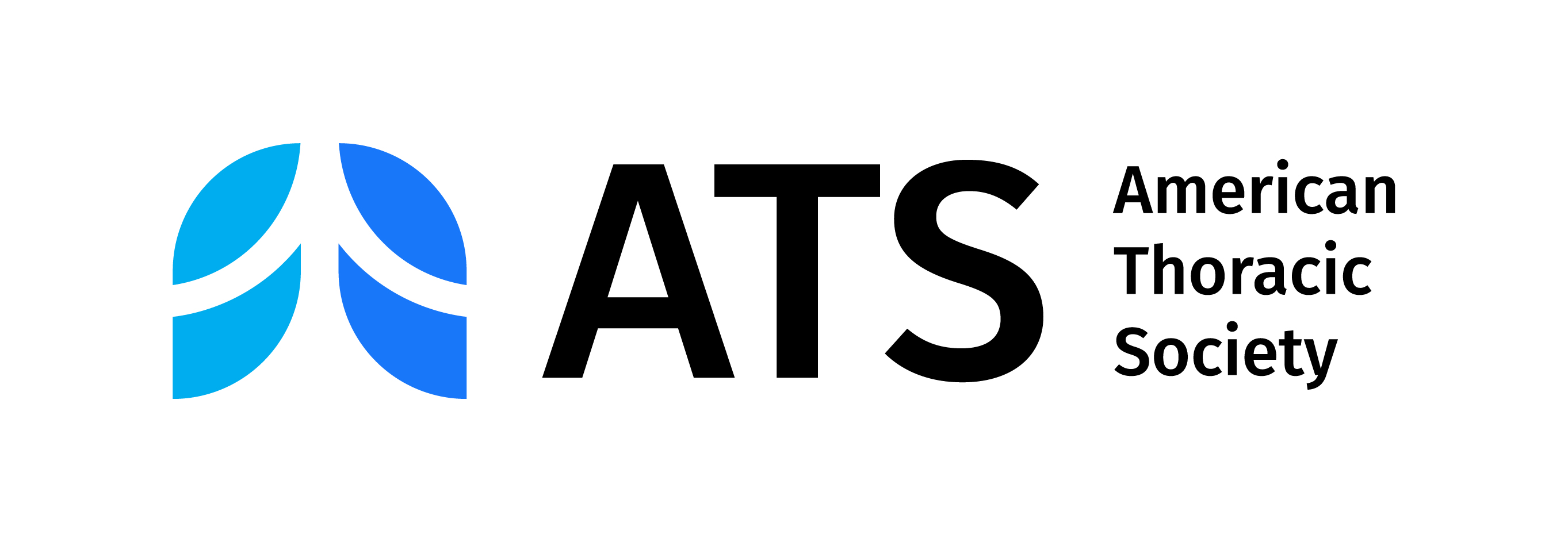Newswise — June 11, 2020 -- The American Thoracic Society calls for a moratorium on the use of tear gas and other chemical agents deployed by law enforcement against protestors participating in demonstrations, including current campaigns sparked by the death of George Floyd.
“The use of chemical crowd control agents is outlawed in the time of war. They cause significant short- and long-term respiratory health injury and likely propagate the spread of viral illnesses, including COVID-19,” said ATS President Juan C. Celedón, MD, DrPH, ATSF.
“Recent research calls into question the assumed safety of tear gas such as 2-chlorobenzalmalononitrile (CS), and the highly concentrated pepper oil used in exploding shells and grenades,” said Sven-Eric Jordt, PhD, a leading researcher in tear gas and related lung injury. Those studies have identified chronic bronchitis, compromised lung function, and acute lung injury (in military recruits) as consequences of tear gas exposure.
The airborne nature of tear gas also makes it impossible to use in a manner that doesn’t endanger uninvolved persons such as innocent bystanders and the media. Tear gas is also a concern to medical personnel exposed when treating protestors, since the agents can contaminate clothing and medical equipment.
In addition to questions about safety, the ATS is concerned that exposure to tear gas may affect COVID-19 transmission. A tear gas- exposed person with asymptomatic COVID-19 would be unable to maintain a safe distance and is likely to spread the virus much more efficiently to bystanders, increasing the risk of infection. Protective masks would have to be discarded due to tear gas contamination, further increasing risks of spreading or contracting the infection.
Outcomes of a study by the U.S. military are a clear warning sign. Recruits exposed to CS tear gas in training just once had a strongly increased likelihood to develop respiratory illnesses such as influenza, pneumonia, or bronchitis, conditions often caused by viral infections. This may also apply to COVID-19. Reactive chemicals such as 2-chlorobenzalmalononitrile, and the combustion products and solvents produced by tear gas shells and grenades, are known to degrade the lungs’ antiviral defenses. COVID-19 patients often report loss of their sense of smell. COVID-19 patients were also found to lose their capability to sense irritants, increasing their risk of inhaling tear gas and developing chemical injuries.
Current events in the U.S. provide evidence of tear gas use escalation domestically. Inadequate training, monitoring, and accountability in use of these weapons contribute to misuse and risk of injury. If used at all, tear gas should be a last resort.
The industry manufacturing tear gas systems have developed advanced launching technologies allowing deployment of much higher amounts of tear gas over longer distances. Much of what we currently know about the health effects of exposure to tear gas and other chemical agents is based on military research conducted in the 50s, 60s, and 70s using young healthy male research participants. These studies do not address the potential health effects for vulnerable populations who are exposed, including children, older adults, and people with underlying health conditions.
“Based on the lack of crucial research, the escalation of tear gas use by law enforcement, and the likelihood of compromising lung health and promoting the spread of COVID-19, the American Thoracic Society calls for a moratorium on CS tear gas and OC pepper weapons use”, said Dr. Celedón.
Share via Tweet:
The ATS calls for a moratorium on the use of #teargas and other chemical agents deployed by law enforcement against protestors participating in demonstrations, including current campaigns sparked by the death of George Floyd. @atscommunity
About the American Thoracic Society
Founded in 1905, the American Thoracic Society is the world's leading medical association dedicated to advancing pulmonary, critical care and sleep medicine. The Society’s 15,000 members prevent and fight respiratory disease around the globe through research, education, patient care and advocacy. The ATS publishes four journals, the American Journal of Respiratory and Critical Care Medicine, the American Journal of Respiratory Cell and Molecular Biology, the Annals of the American Thoracic Society, and ATS Scholar
